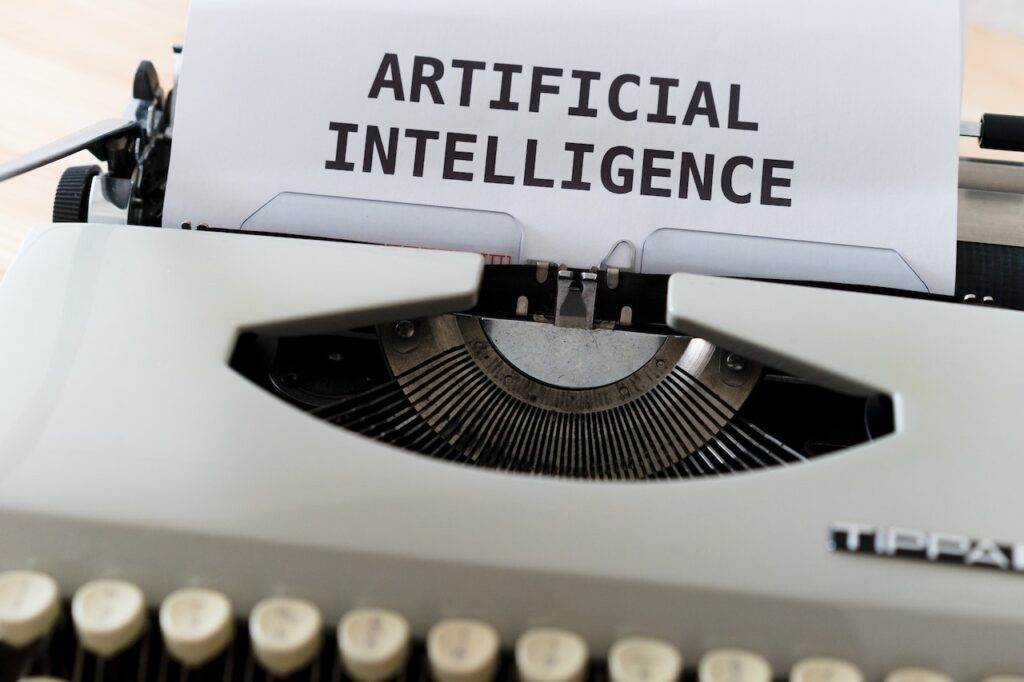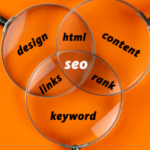Something that was previously merely a plot in a movie is now a reality. Artificial intelligence (AI) has revolutionized many industries, and marketing is no exception.
Businesses may now more successfully reach their target audience, learn about customer behavior, and offer personalized experiences thanks to artificial intelligence (AI).

Harnessing AI could be difficult, at least at first. You must comprehend how it functions and how to make the most of it.
Understanding AI In Marketing
AI can be used in marketing to collect and evaluate information on consumer behavior, preferences, and demographics. With this information, customized marketing efforts that appeal to each buyer can be developed.
There are a few ways you can use AI to elevate your marketing:
- Predictive analytics. AI can be used to analyze customer data and predict future behavior. This can help businesses identify which customers are likely to make a purchase, which products are likely to be popular, and what marketing messages will be most effective.
- Chatbots. Chatbots use natural language processing to understand and respond to customer inquiries. They can be used to provide customer service, answer common questions, and even make sales.
- Personalization. AI can be used to personalize marketing messages based on customer behavior and preferences. For example, a business might use AI to recommend products to a customer based on their purchase history or browsing behavior.
- Image and video recognition. AI can analyze images and videos to identify objects, people, and emotions. This can be useful in creating targeted advertising campaigns that resonate with customers.
How To Harness The Power Of AI In Marketing

Here are some tips for harnessing the power of AI in marketing:
1. Define your objectives
Before implementing AI in your marketing strategy, defining your objectives is essential. What do you hope to achieve? Are you looking to improve customer satisfaction, increase sales, or gain insights into customer behavior? Defining your goals will help you choose the right AI tools and strategies for your business.
2. Choose the right tools
Many AI tools are available for marketing, and choosing the right ones for your business is essential. Consider your budget, objectives, and technical capabilities when choosing AI tools or AIoT.
3. Collect and analyze data
You must collect and analyze customer behavior, preferences, and demographic data to use AI effectively. This data can be collected through surveys, social media monitoring, website analytics, and other sources.
4. Personalize your marketing messages
Use AI to create personalized marketing messages that resonate with each customer. This can help improve customer satisfaction and loyalty.
5. Use chatbots for customer service
Chatbots can be used to provide customer service and answer common questions. This can save businesses time and money and improve customer satisfaction.
6. Experiment and iterate
AI is still a relatively new technology, and much experimentation and iteration are involved in using it effectively. Feel free to try new things and experiment with different AI tools and strategies. Analyze the results and iterate based on what works and what doesn’t.
7. Stay up-to-date
AI is a rapidly evolving technology, and staying up to date with the latest developments and trends is important. Follow industry news and attend conferences and events to keep informed.
Risks of Using AI in Marketing

While there are many benefits to using AI in marketing, there are also risks that businesses need to be aware of. Here are a few examples:
1. Privacy concerns
Collecting and analyzing customer data can raise privacy concerns. Businesses must be transparent about using customer data and comply with data protection laws and regulations.
2. Increased risk of cybercrimes
The more we rely on technology, the more we are prone to hacks. Cybercriminals are always searching for vulnerabilities. Therefore, we need to be educated in cybersecurity. To prevent such situations, always use a VPN, ad blocker, and antivirus.
3. Bias
AI algorithms can be biased, leading to discrimination against certain groups. It’s important to ensure that AI algorithms are designed to be unbiased.
4. Technical issues
AI can be complex, and technical issues can arise. Businesses must ensure they have the technical expertise to implement and maintain AI systems effectively.
5. Overreliance
While AI can automate many tasks, businesses must be careful not to over-rely on AI at the expense of human expertise. Human oversight is still essential to ensure that AI is used effectively and ethically.
As you can see, AI in marketing holds a lot of potential if used in an effective and smart way. It requires testing and experimenting as with everything in digital marketing and SEO.








GIPHY App Key not set. Please check settings